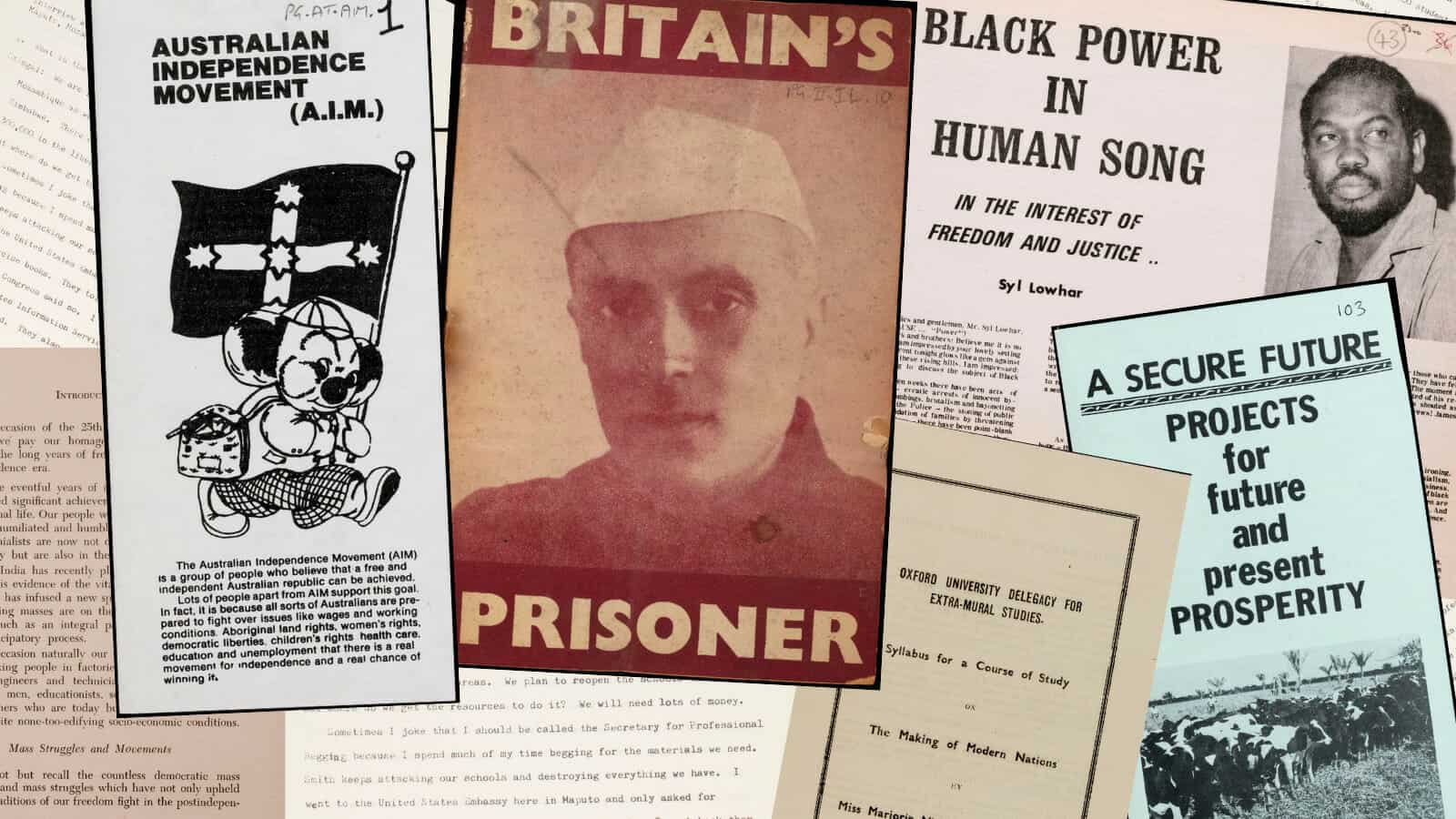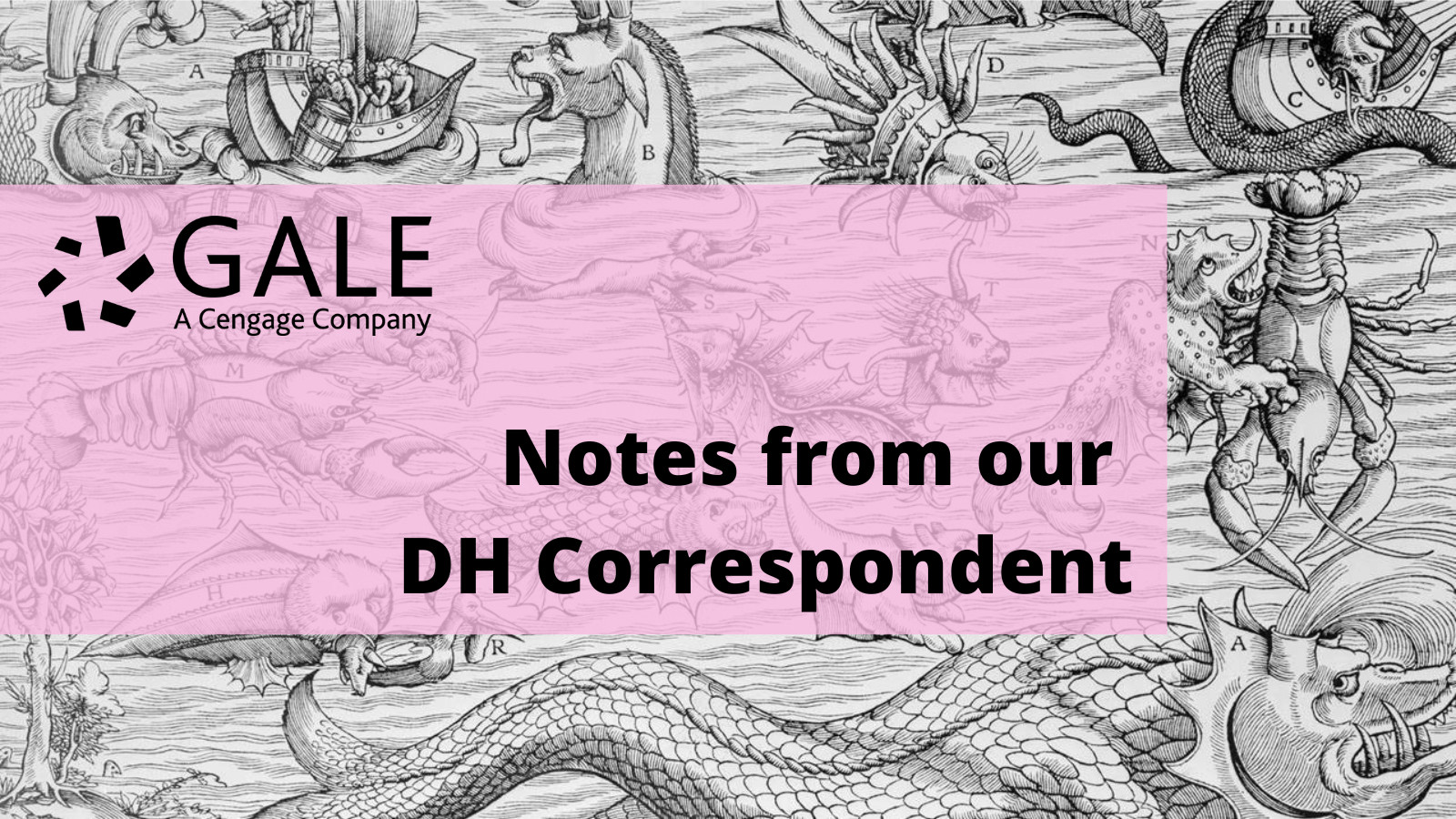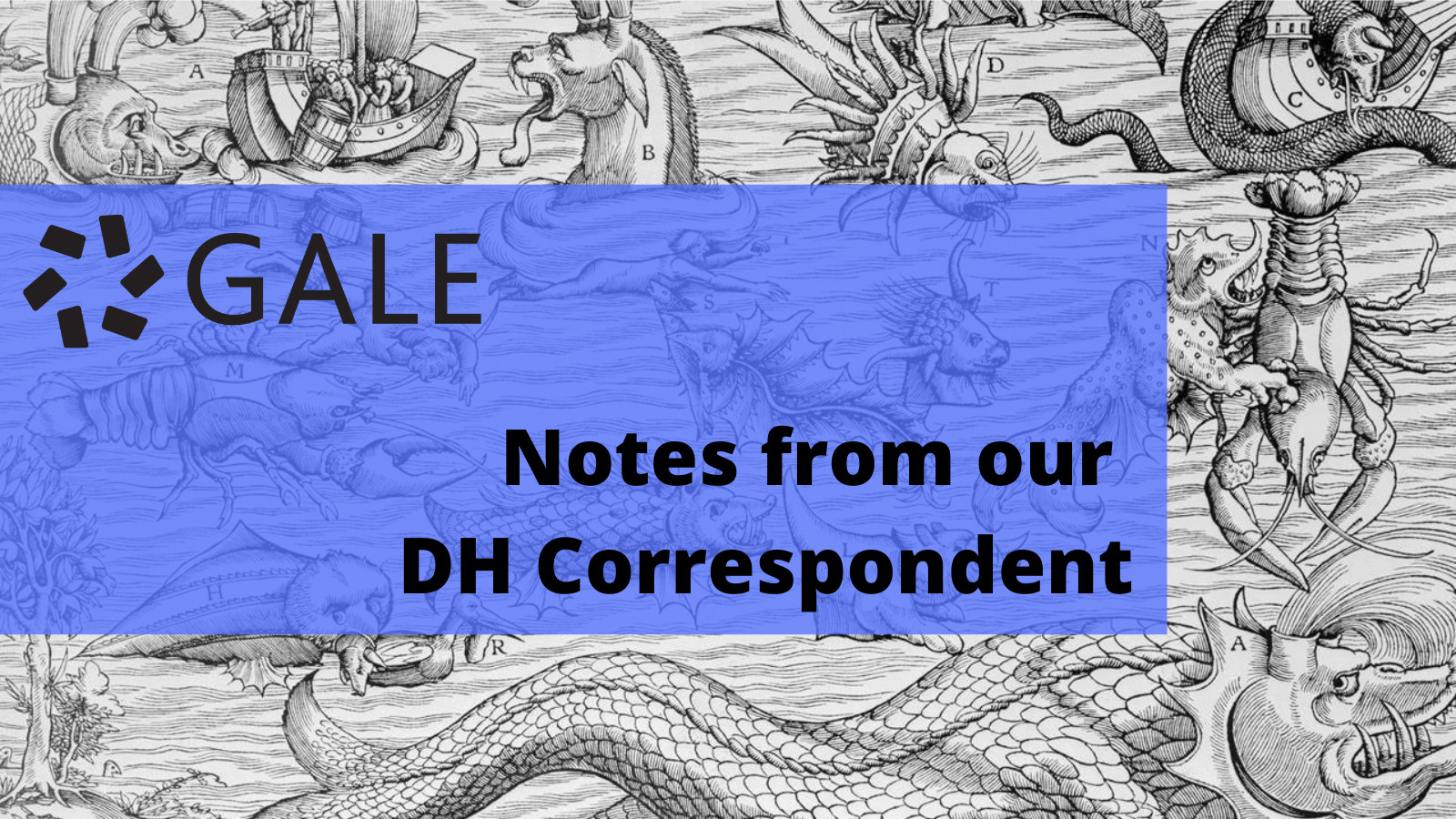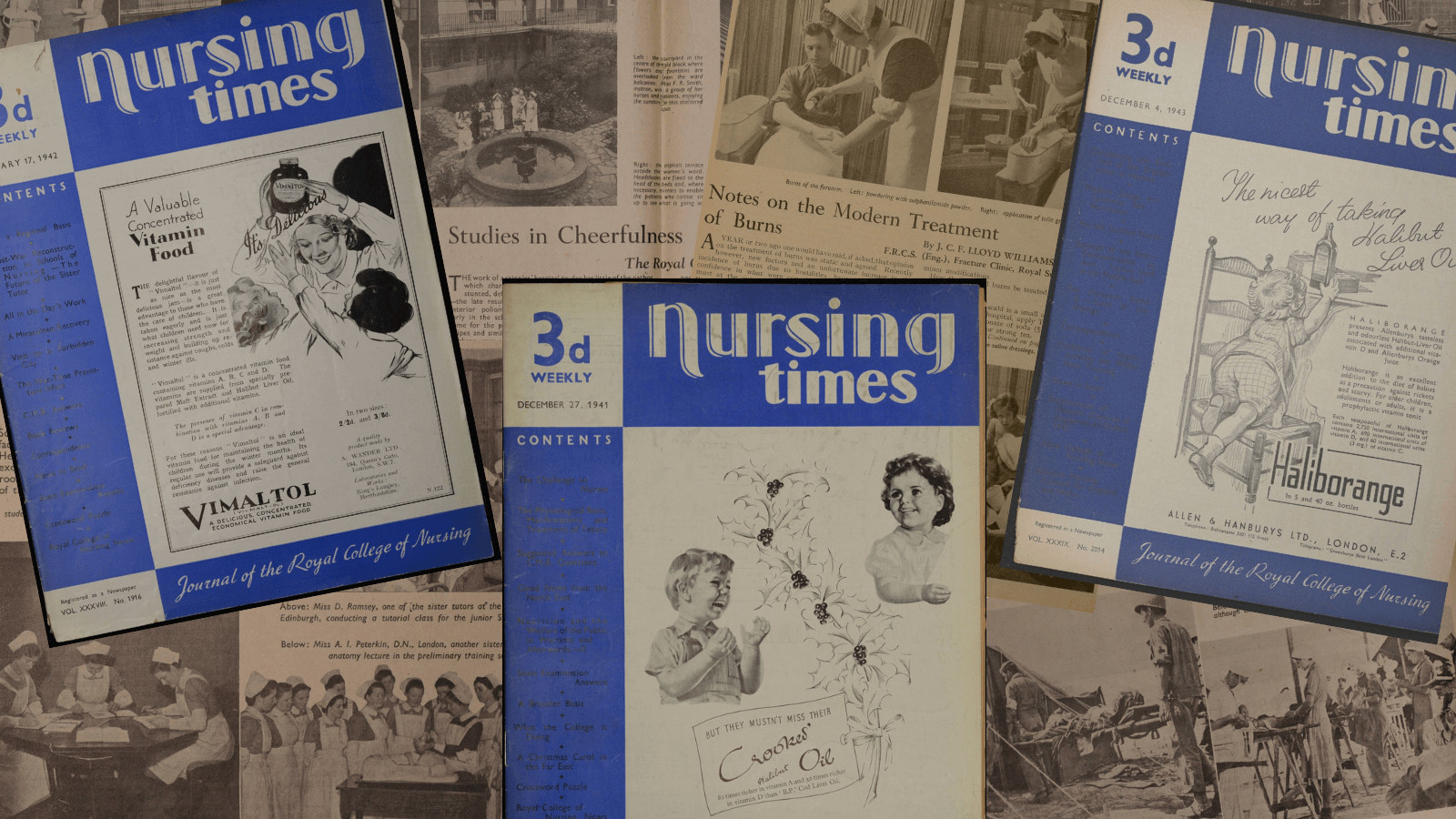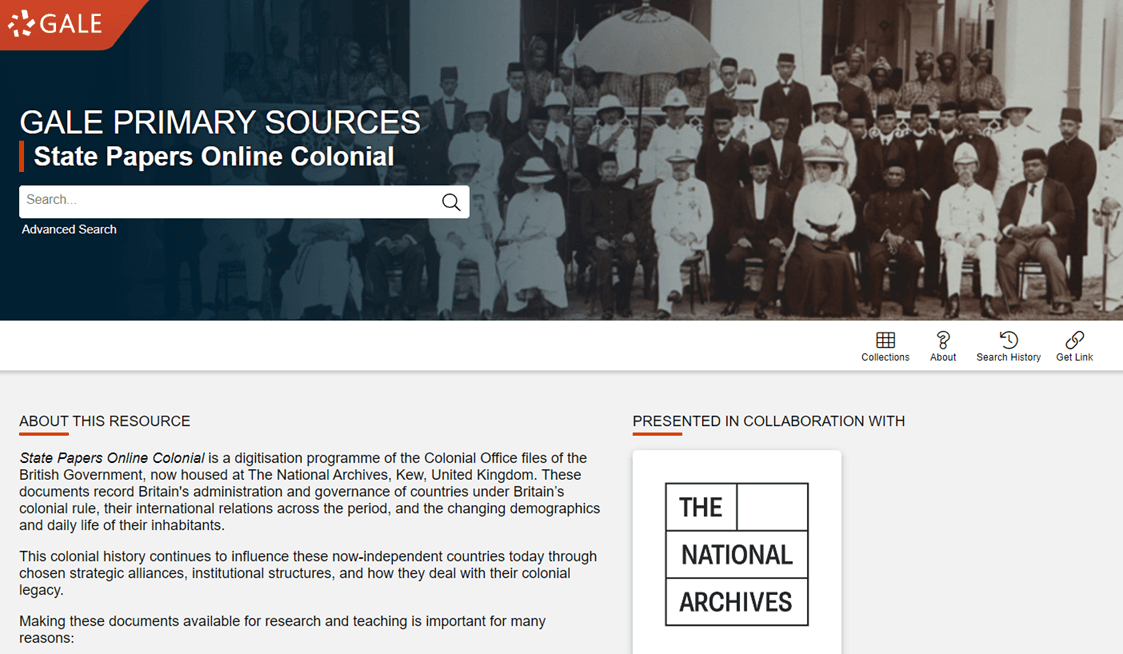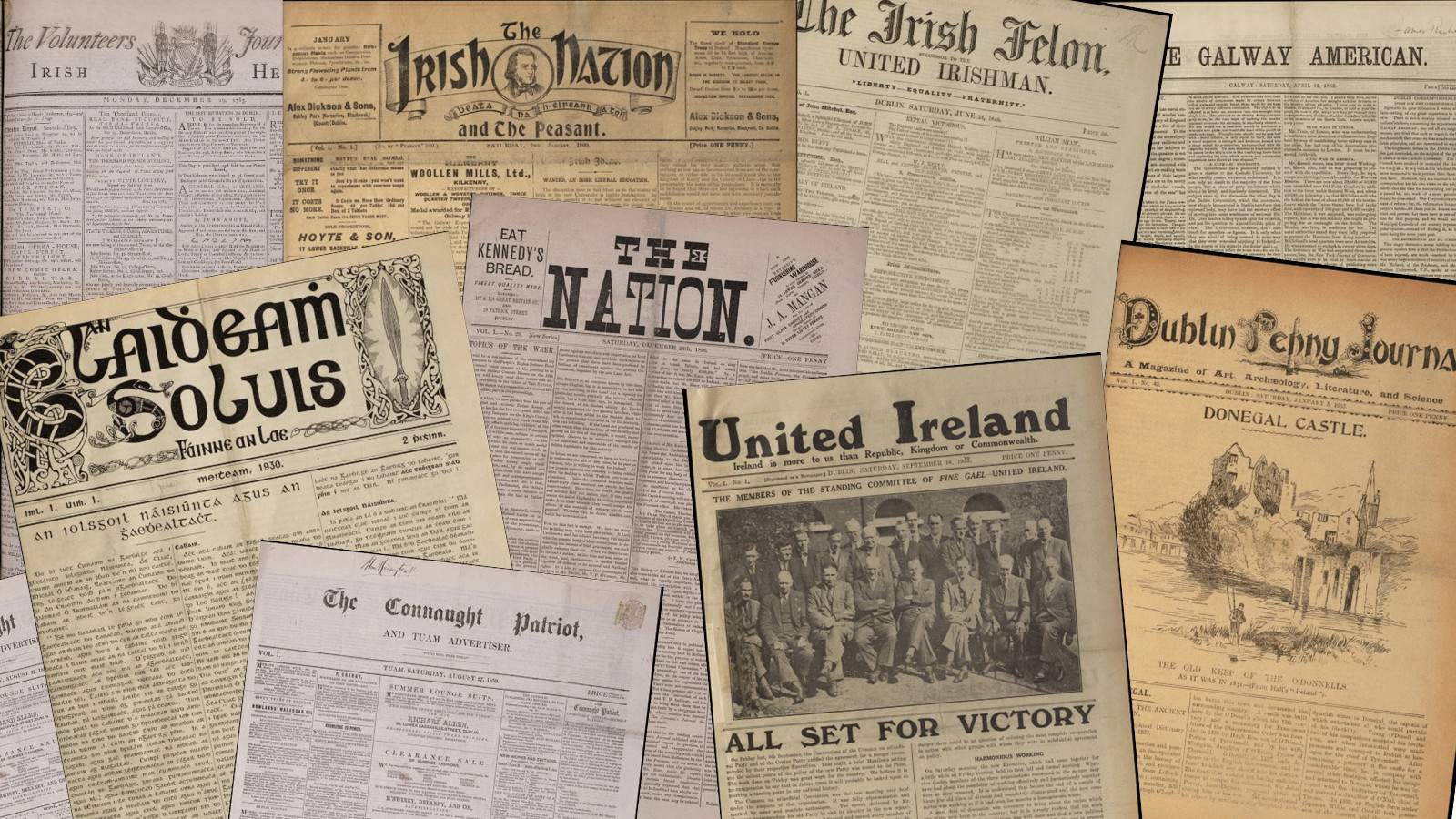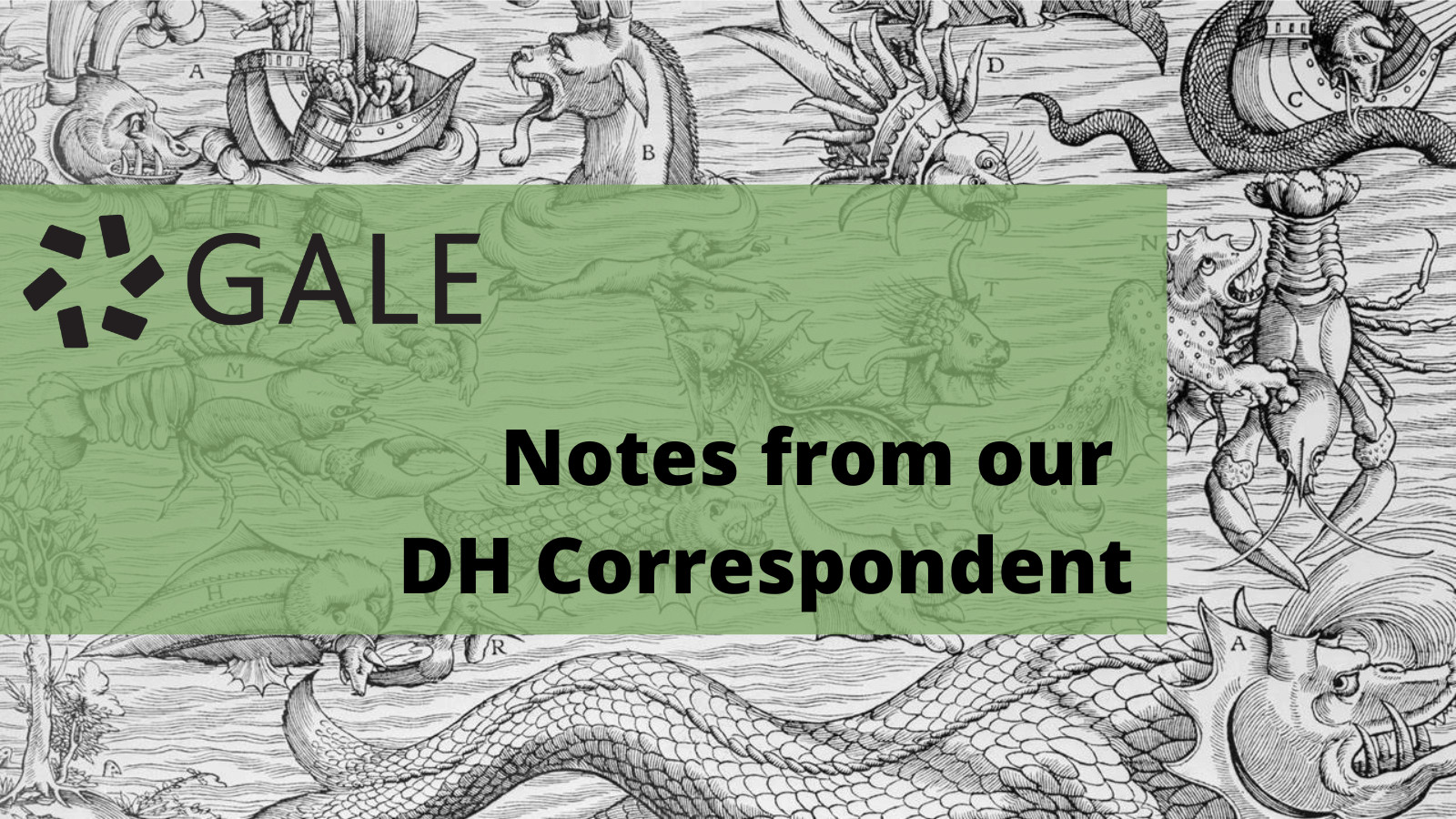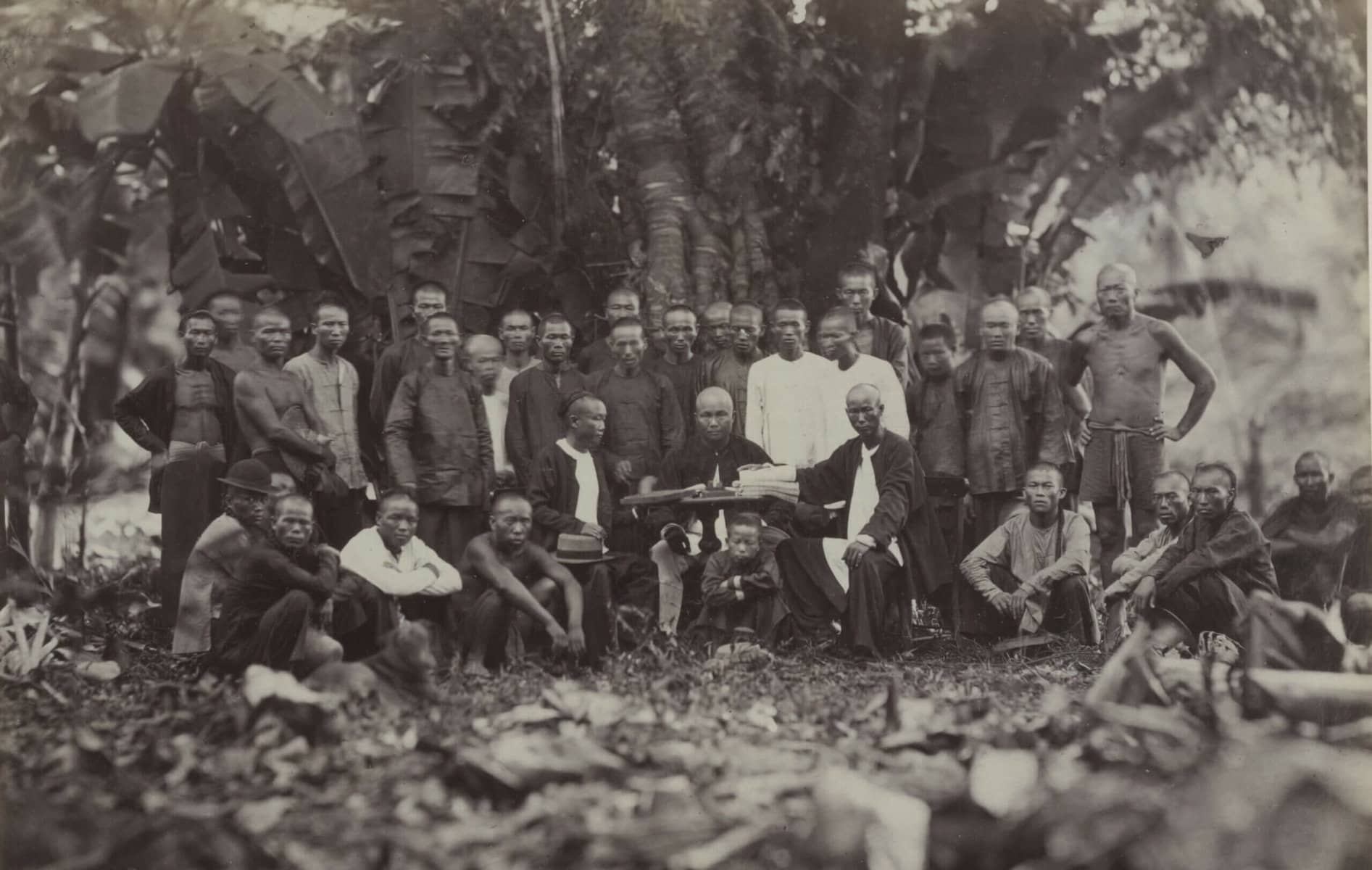|By Clem Delany, Acquisitions Editor, Gale Primary Sources|
Last week, I was lucky enough to go to India for the first time. I visited Mangalore in the state of Karnataka, as well as Kerala with its famous backwaters and cool green tea plantations in old hill stations. The British planted pine forests there and hid from the sun; in Mangalore old warehouses built along the river by the Portuguese for tile manufacture were visible from the high rise buildings around them. And everywhere – at busy roundabouts, by old government buildings and in front of smart new colleges – were statues and busts of solemn figures who I could not identify. The names Gandhi, Nehru and Modi are essentially the limit of my knowledge of modern India.

